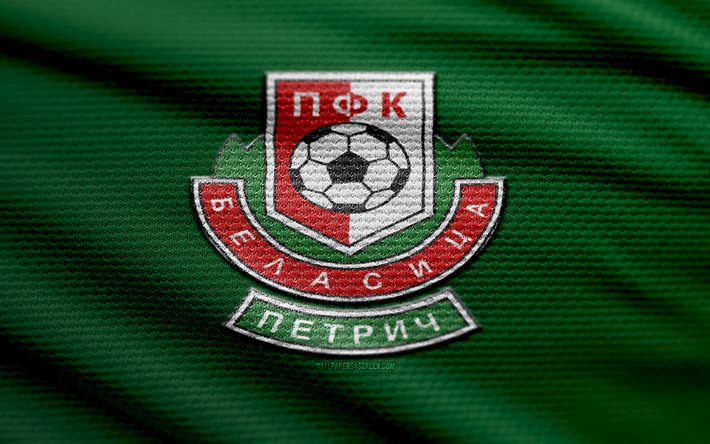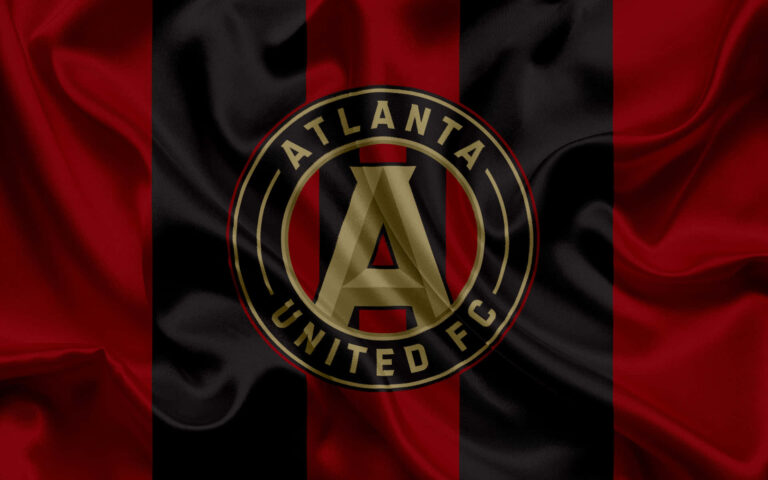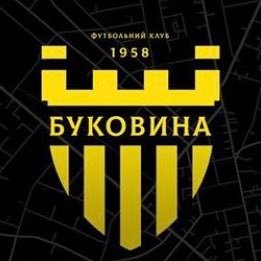
Corinthians FC
Corinthians FC, a symbol of Brazilian football’s rich heritage, has a storied history filled with triumphs, legendary players, and a passionate fan base. Known for its iconic white shirt with a distinctive black horizontal band, Corinthians FC is more than just a club—it’s a cultural phenomenon that has shaped the football landscape in Brazil and beyond. From humble beginnings to international glory, the club’s journey reflects resilience, excellence, and an unwavering commitment to the sport. In this comprehensive exploration, we delve into the history, achievements, and key players that define Corinthians FC, offering insights into what makes it one of the most revered football clubs in the world.
The Origin and Early Years of Corinthians FC
Corinthians FC’s roots trace back to the late 19th century, coinciding with the rapid urbanization and industrialization of São Paulo. The club was officially founded on September 1, 1910, by a group of young sports enthusiasts inspired by the international popularity of football and motivated by a desire to bring the game to Brazil’s bustling city. The early years of Corinthians were marked by a focus on community, skill development, and a competitive spirit that would carry the club forward through decades of evolution QQ88.
The Founding of the Club and Early Influences
The founding members of Corinthians were primarily local workers, students, and sports lovers who sought to establish a club that embodied the values of camaraderie, discipline, and sportsmanship. They named the club after the Corinthians of Greece, symbolizing strength and integrity. The initial push to formalize the club’s existence involved establishing a home base, recruiting players, and organizing local matches against neighboring teams.
In those early days, football was still establishing itself in Brazil, with many clubs focusing on social and community activities. Corinthians differentiated itself by emphasizing competitive play, and through participation in regional tournaments, the team gained recognition. Their playing style was characterized by technical skill and team cohesion, setting the foundation for future success.
Challenges and Growth in the Pre-War Years
Like many clubs of the era, Corinthians faced logistical and financial challenges, especially during World War I and the subsequent years of economic instability in Brazil. Despite these hurdles, the club’s dedication and the passion of its supporters fueled growth. They established their first home ground and began attracting better players, some of whom would eventually become legends of the sport in Brazil.
Throughout the 1910s and 1920s, Corinthians started to solidify their reputation through successful campaigns in regional tournaments and their first national competitions. The club’s focus on youth development and community participation fostered both local loyalty and a reputation for integrity. This period laid the groundwork for the club’s future dominance in Brazilian football.
The Formation of a Strong Identity and Fan Base
Corinthians FC identity was heavily influenced by its working-class roots and its stance against the elitism that sometimes permeated sports in Brazil. Their commitment to social equality and community engagement resonated with fans, earning them a dedicated following known as the “Fiel” (The Faithful). Their vibrant supporter culture, chants, and traditions continue to energize matches at the Estádio do Corinthians, their iconic home ground.
The club’s early history is a testament to resilience through adversity, the importance of community, and a passion for the beautiful game. These foundations would eventually propel Corinthians to national prominence and international success.



